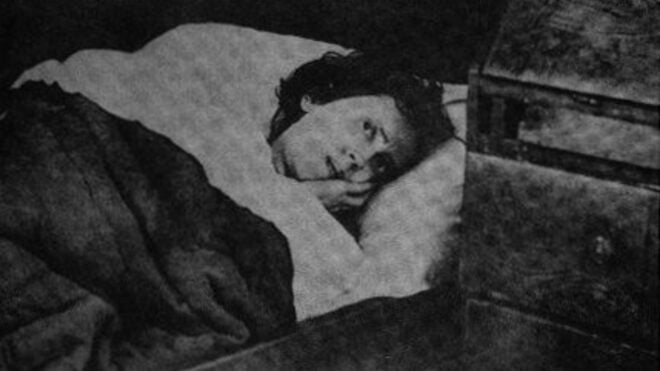Everyone gets bruises from time to time, especially if you’re a bit on the clumsy side. Accidentally crashing into a table leg is likely to leave a mark on just about anyone, but for some people bruises seem to pop up after the lightest bumps — or without getting hit at all.
If you regularly find yourself black and blue without knowing why, bruising easily might be a regular problem for you. Excessive bruising can be painful or simply annoying – there’s nothing like putting on a pair of shorts only to have to answer questions like “What happened to your legs” every time you talk to someone.
There are plenty of reasons why your skin might have trouble staying the same color. Bruising easily isn't necessarily a sign of trouble, but some possible reasons might warrant a visit to the doctor’s office. So if you find yourself easily bruised, then read on to learn the typical causes.
What Causes Easy Bruising?Reason #1: Aging
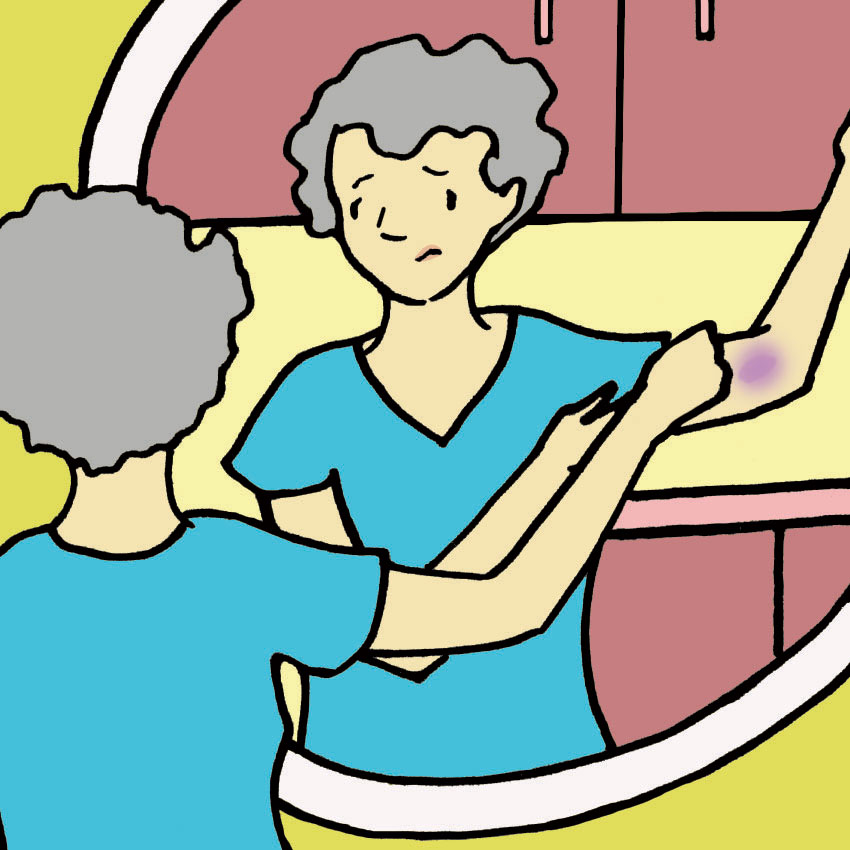
For many people, easily bruising is just another part of the aging process. Older adults, and women in particular, tend to experience more bruising than their younger peers.
Bruising occurs when the capillaries under your skin are broken, releasing the blood inside them and causing discoloration until the blood is reabsorbed. Any kind of impact can cause these tiny blood vessels to break open.
When we’re younger, the fatty layer under our skin provides a bit more cushion to soften the everyday bumps we incur. According to Mayo Clinic, though, both that fatty layer and the skin on top of it tend to become thinner as we age, leaving less protection for fragile capillaries.
It can also be hereditary, so don’t worry too much if you’re still young and already dealing with frequent bruising.
Reason #2: Sun Damage
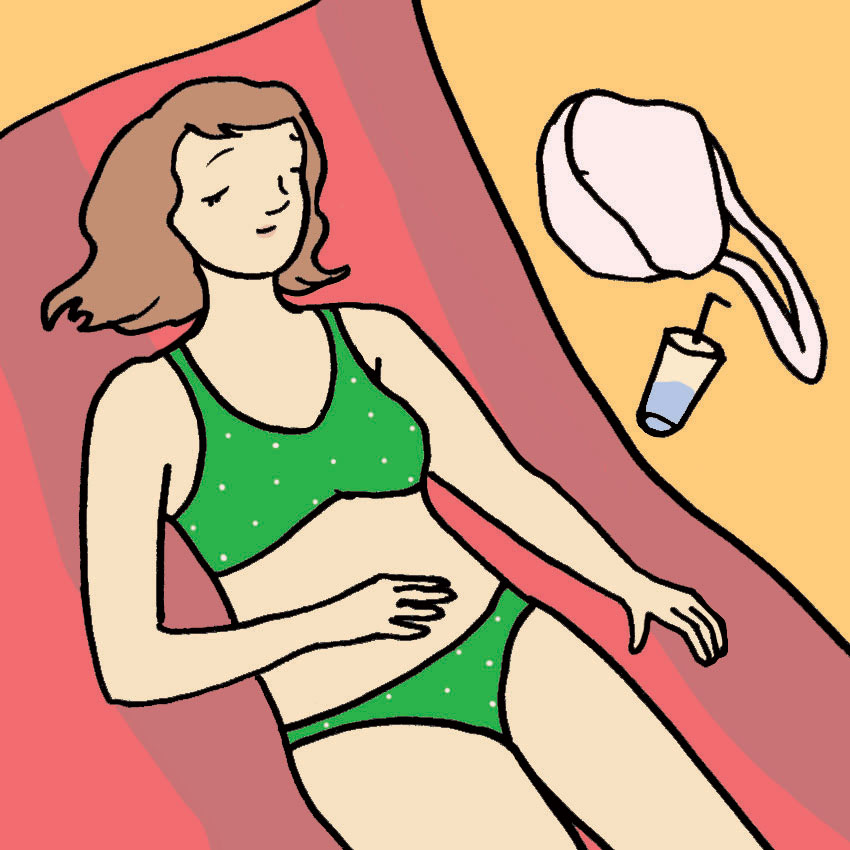
The more sun exposure you get, the more likely you are to weaken both your skin and the capillaries just beneath its surface. According to WebMD, these bruises might not even hurt when you touch them, but they can take longer to heal.
Since you don’t even need to bump into something to get these types of bruises, this could be a possible reason you’re black and blue even though the most intense thing you’ve done all day is lie out in the yard with some lemonade and a book.
Consider this yet another reason to slather on sunblock before heading out the door.
Reason #3: Blood Disorders
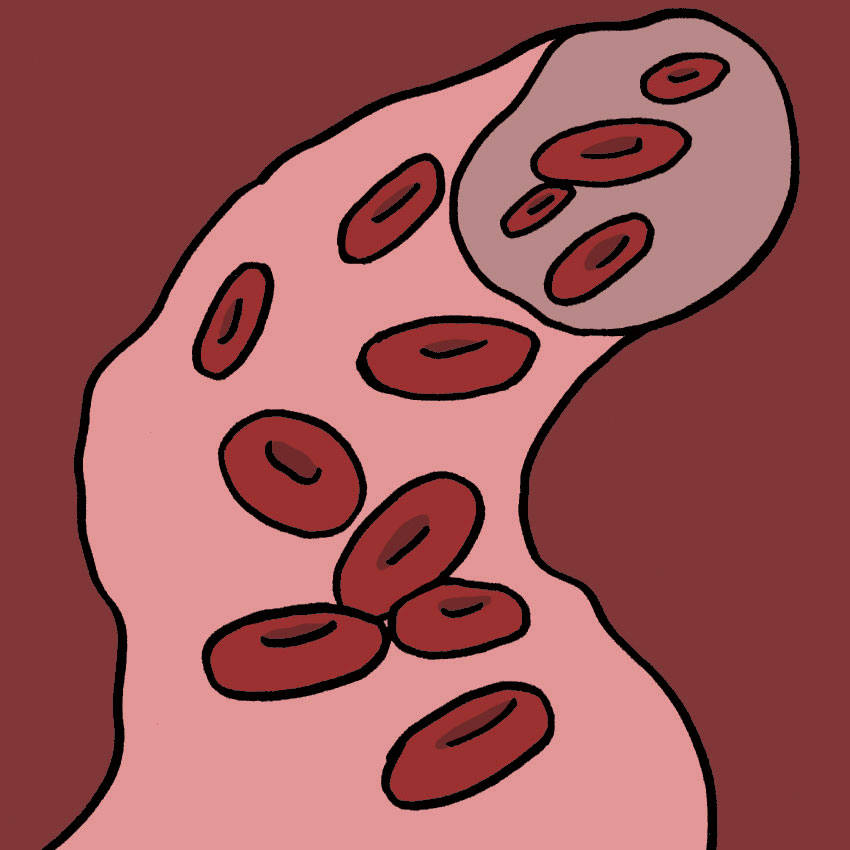
Sometimes, the reason for bruising doesn’t come from an outside force, but from within your own body. According to MedicineNet.com, illnesses like scurvy can weaken blood vessels, making them more susceptible to breakage. A deficiency or absence of blood-clotting elements can also turn what might have just been a subtle bruise into a large, dark patch.
Ecchymosis can be another cause of painless, but unexplained bruising; it causes capillaries to spontaneously leak, forming dark spots beneath the skin.
MedicineNet also explains that the medication you’re on might be the reason for your bruising. Aspirin, prednisone, and prednisolone have all been reported to cause bruising, and certain antibiotics can make you more susceptible to becoming black and blue. Some topical medications such as corticosteroids (which you might use if you have eczema or allergies) can thin your skin and lower the protection level between your capillaries and the outside world.
Reason #4: Low Vitamin C
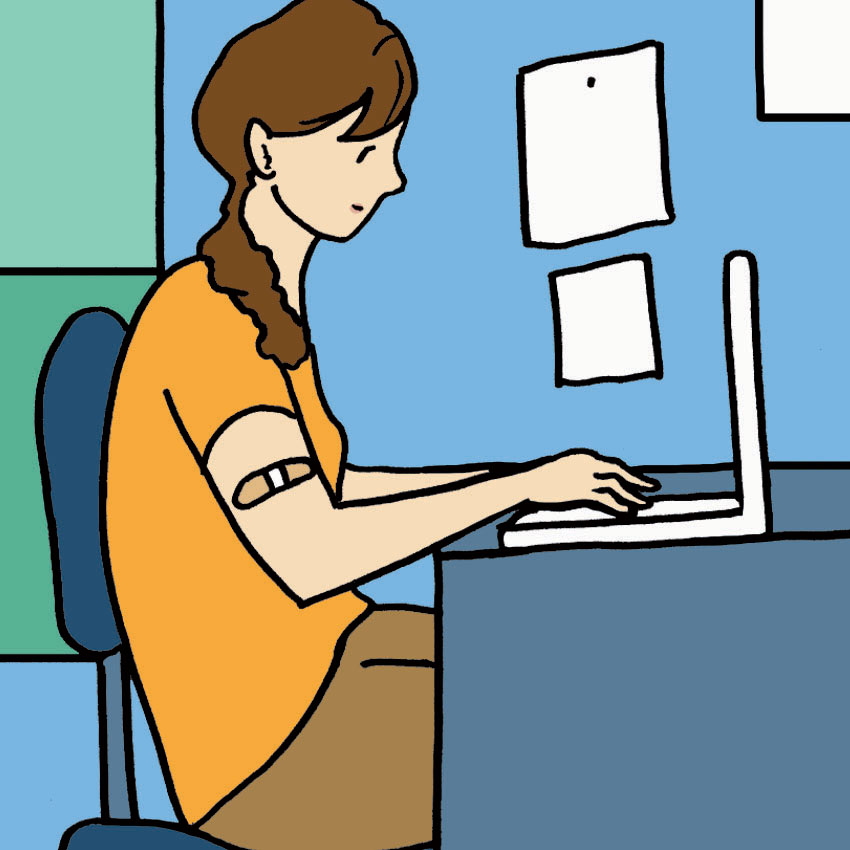
Vitamin C is frequently recommended when you're recovering from a cold because it’s crucial to the body’s healing process — which explains why it's connected to bruising.
If you take a while to heal when you get a cut, you might need to up your fruit and vegetable intake or invest in some vitamin C supplements. WebMD says that smoking and age can also affect vitamin C levels.
Reason #5: Heavy Exercise Or Drinking

Your lifestyle choices might be what’s causing all those bruises too. If you’re passionate about fitness, that’s great! But be aware that weightlifting, running long distances, or other forms of intense exercise can strain your muscles and tear your capillaries. This can cause discoloration even though you didn’t get hit by anything.
If you’re spending your evenings at the bar rather than the gym, that doesn’t mean you’re doing your blood vessels (or the rest of your body) any favors. According to Men's Health, just as exercise can cause bruising, so can heavy drinking.
Alcohol can damage your liver, which helps blood clot when you get injured. This is a case when bruising can be indicative of a larger issue — it may be a sign of cirrhosis, which is a serious medical condition that should be checked out by a doctor.
Reason #6: Certain Cancers
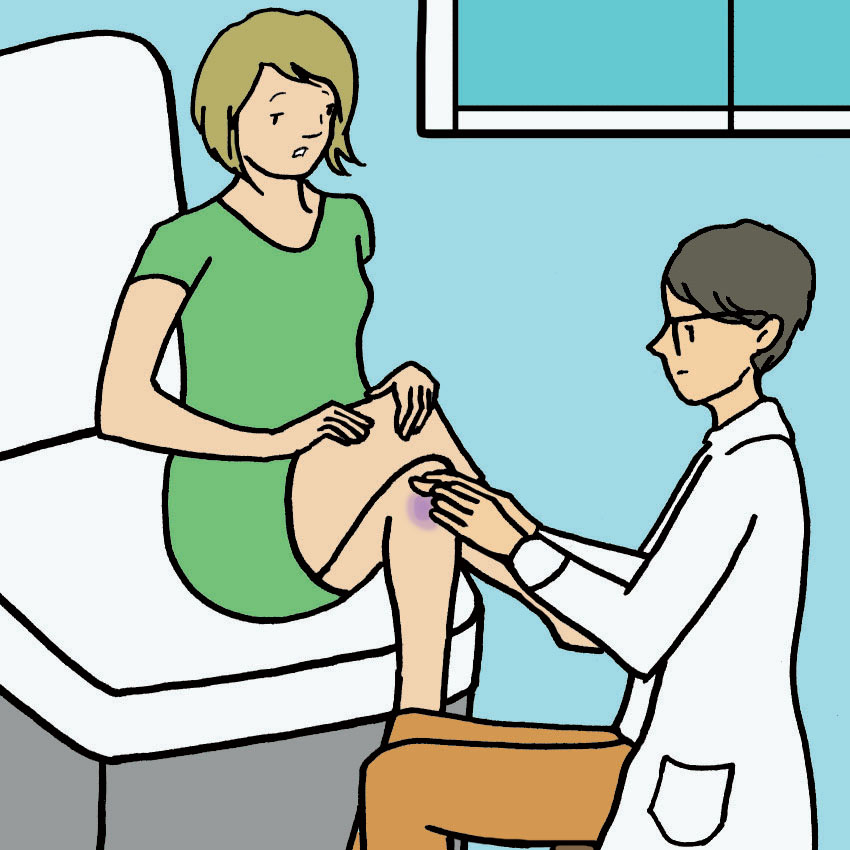
Generally speaking, bruises alone are not a sign of cancer, so don’t panic if you feel fine aside from having a few dark spots on your legs. However, excessive bruising can be a symptom of leukemia, according to Healthline. If your bruises are accompanied by additional symptoms like unexplained fatigue, soreness, or weight loss, you should contact your doctor.
Once serious medical conditions are ruled out as the cause for your bruising, there are some preventative steps you can take on your own.
Check them out below.
Ways To Prevent Easy BruisingPrevention Method #1: Check The Side Effects On Your Medication
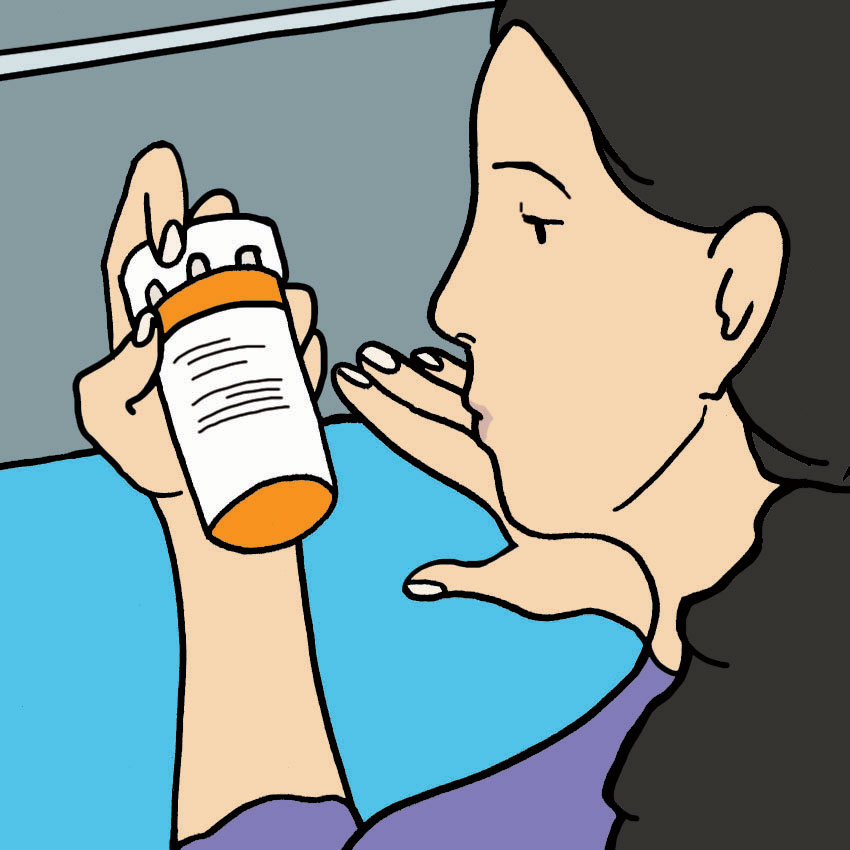
Even if the medication you take isn’t one of the ones listed above, it’s still worth checking to see if its effects include bruising. If so, the FDA recommends that you talk with your doctor to see if there are other options that might be easier on your blood vessels.
However, don’t stop taking your medication without consulting your doctor first. Bruising may be annoying and uncomfortable, but it’s a relatively mild problem compared to what could happen if you stopped taking an important prescription.
Prevention Method #2: Take Vitamin K
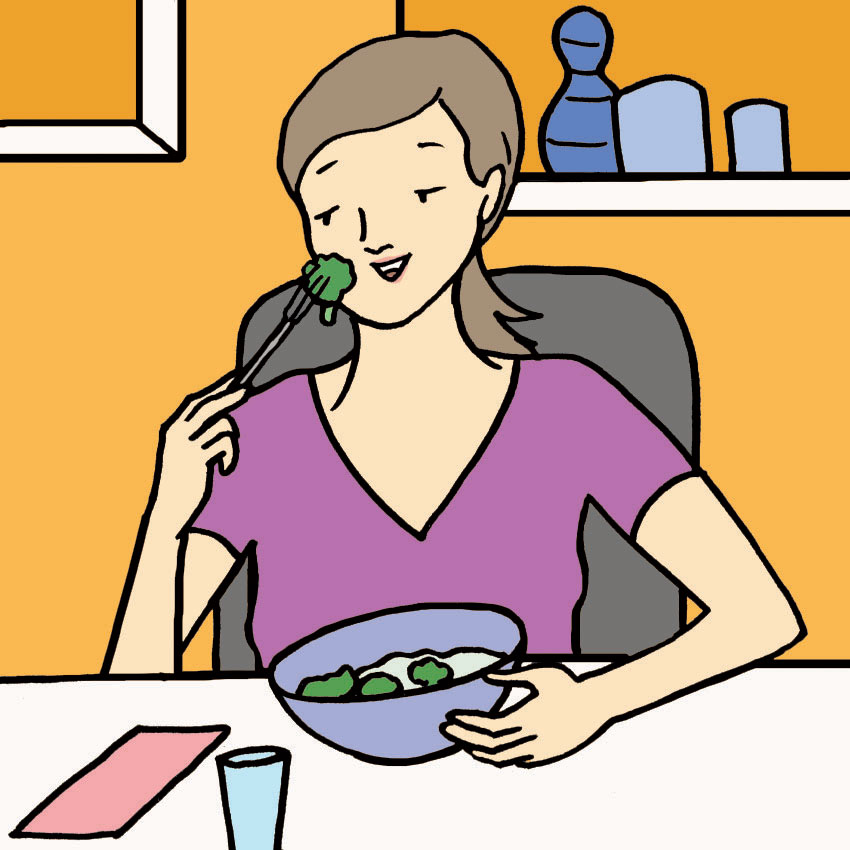
According to Livestrong, vitamin K is the most important nutrient involved in blood clotting because of the proteins it helps the body produce. Being deficient in this vitamin can keep bruises from healing as fast as possible.
You can get more vitamin K in your diet by simply eating more leafy greens, broccoli, or Brussel sprouts, as MedlinePlus.gov mentions. It might also be worth taking a supplement and seeing if there’s an improvement in your skin’s appearance.
Prevention Method #3: Reduce Alcohol Intake
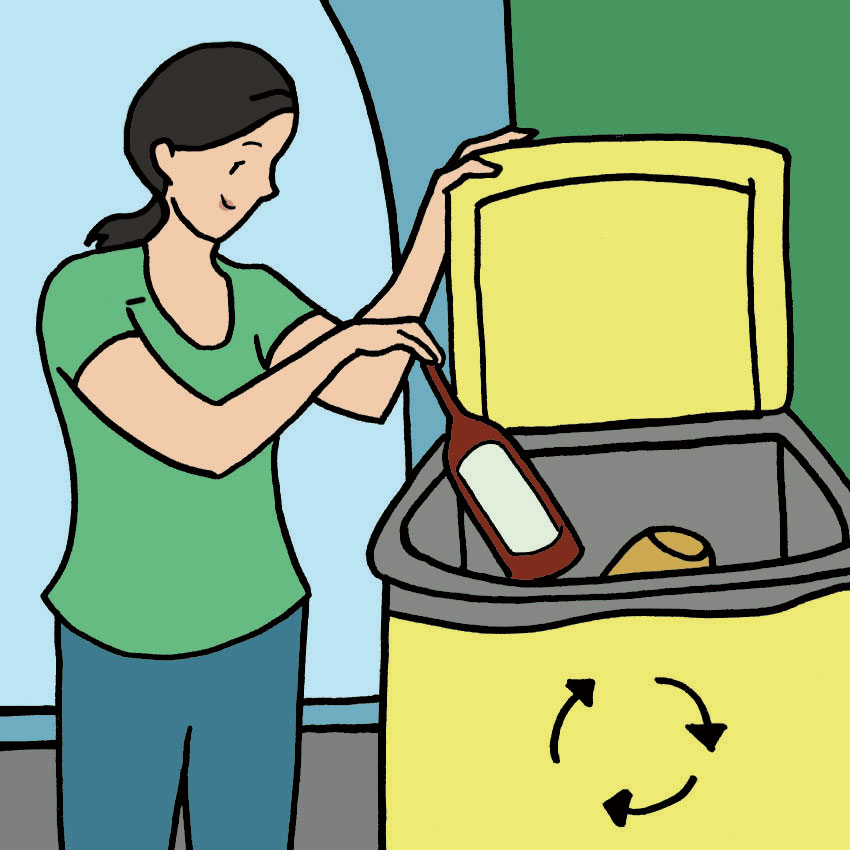
Cutting back on alcohol is good for your liver to begin with, but it will also help your body naturally produce the proteins needed for proper blood clotting.
Getting rid of already existing bruises can be tough, but there are some ways, listed below, to help them heal faster.
How To Treat BruisesTreatment Method #1: Compression And Ice
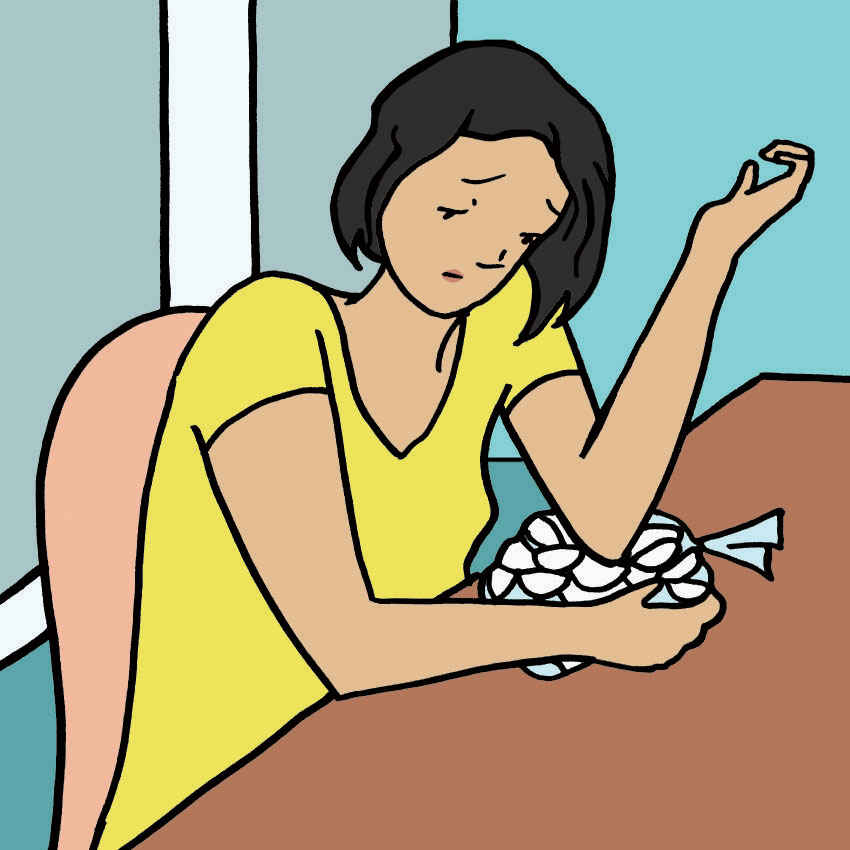
Elevating and keeping ice on the affected area for up to 10 minutes at a time can help reduce swelling and alleviate pain associated with the bruise, according to Mayo Clinic. Make sure that you cover the source of the cold with at least one layer of cloth to avoid damaging or injuring your skin.
Wrapping a bandage around the area so that it’s snug, but not too tight, can also help discourage swelling and pain.
Treatment Method #2: Massage
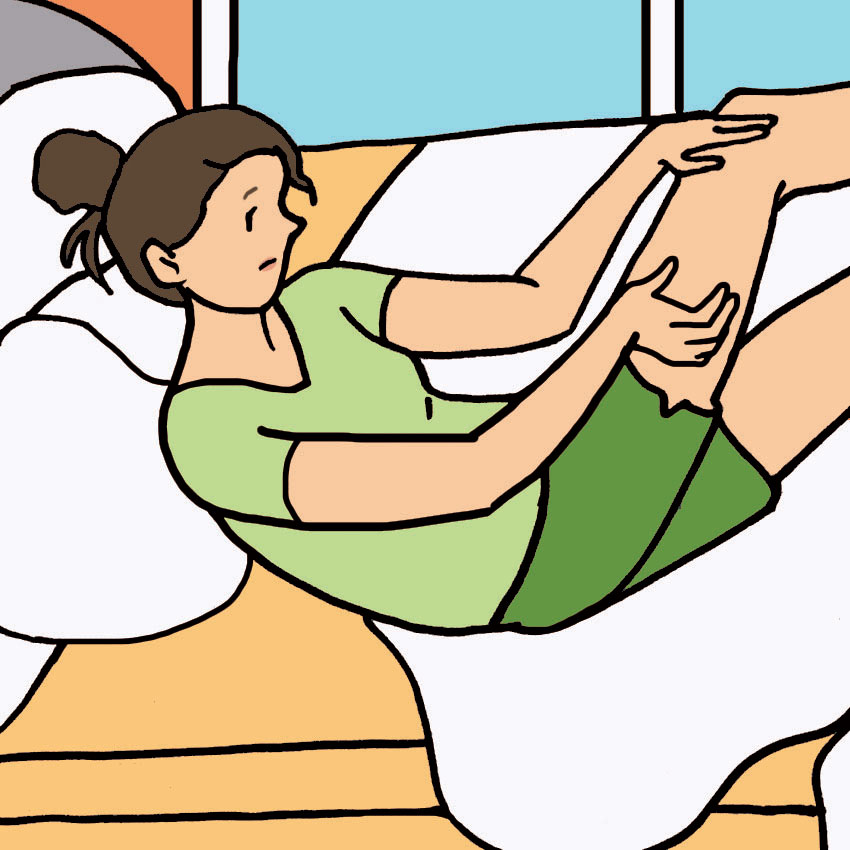
Lightly rubbing or massaging the area where the bruise has formed can help encourage blood flow, according to WebMD. While you should avoid touching a bruise if it’s painful, gently massaging it can help keep blood from pooling in one area and might prevent the bruise from getting too dark.
If you know someone who can’t figure out why they can’t stop getting bruises, SHARE this post with them to help them out!


